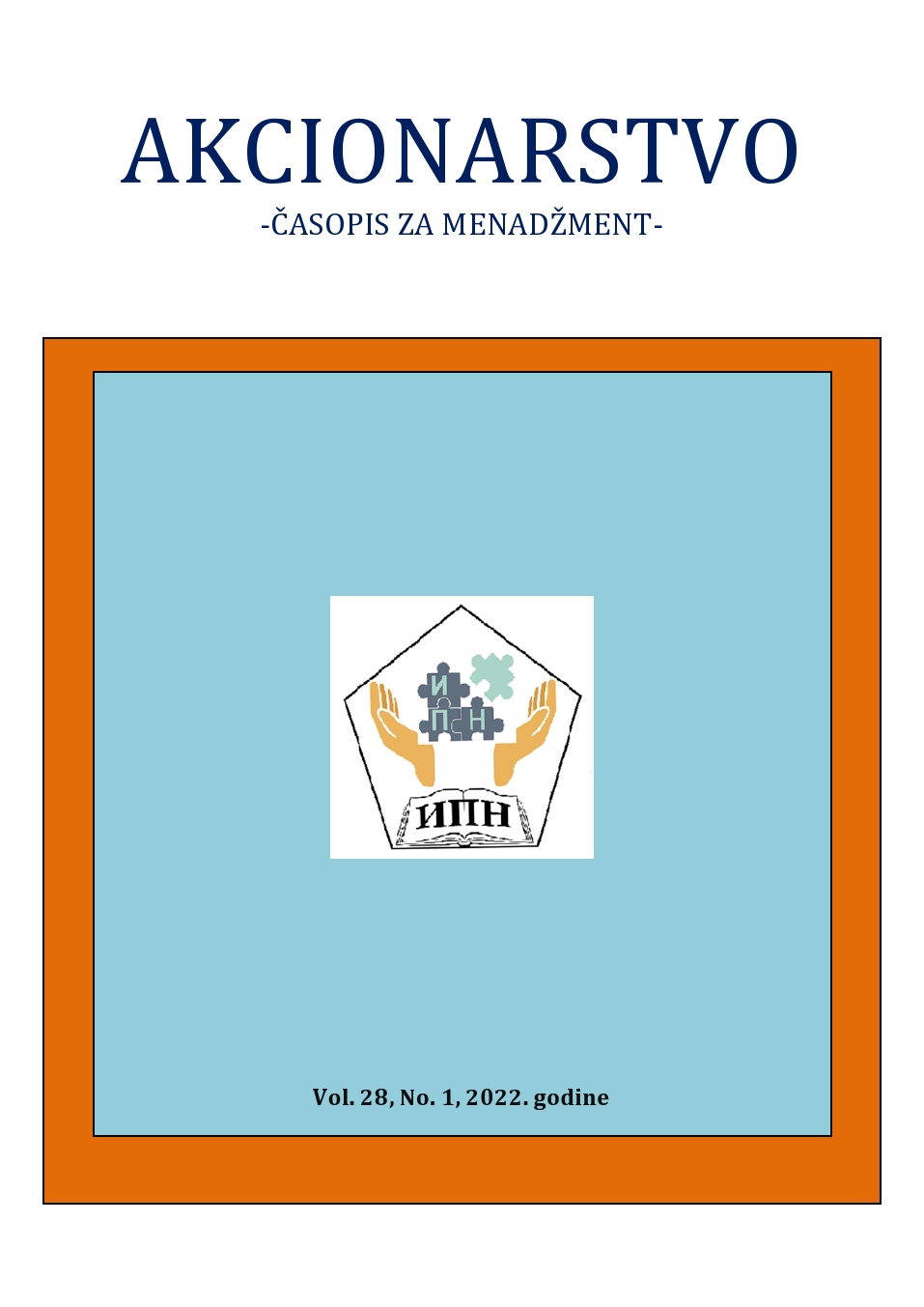SHVATANJA EKONOMSKIH ZAKONA U SAVREMENOJ EKONOMSKOJ TEORIJI
UNDERSTANDINGS OF ECONOMIC LAWS IN MODERN ECONOMIC THEORY
Author(s): Radovan Klincov, Nataša Marjanović, Dragana Trnavac, Milan Novović, Dejan ObućinskiSubject(s): Economy, Law, Constitution, Jurisprudence
Published by: Centar za ekonomska i finansijska istraživanja
Keywords: economic laws; socio-economic formation; methods
Summary/Abstract: Economic laws are internal hidden connections and relations of interdependence of phenomena and processes that regulate the economic life of people. That is, even more precisely, these are hidden internal regularities of social production, relations or relations between certain activities of people that are constantly repeated in a certain way. As such, they are a real, real feature of the economic process, which they otherwise regulate. However, in modern economic theory, this understanding of economic laws takes on four different interpretations. According to the first, economic laws are absolute, objective and universal. They are absolute because they apply to every single phenomenon and process. They are objective because they are identified with mutual connections and relations between human dependence and the natural-technical environment, so they are by their character and essence natural-technical laws.
Journal: Akcionarstvo
- Issue Year: 28/2022
- Issue No: 1
- Page Range: 99-113
- Page Count: 14
- Language: Serbian

